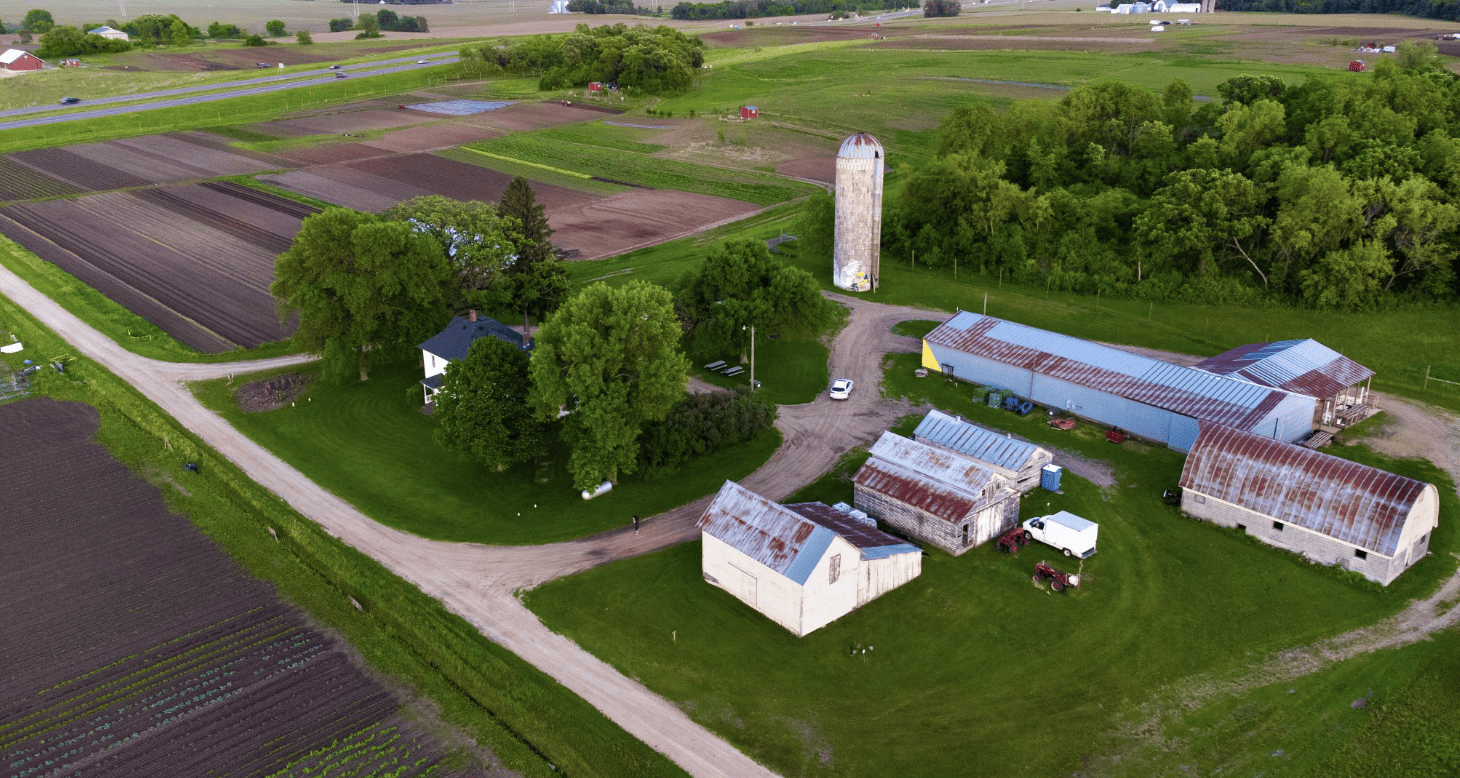Advocates strive to ensure equitable access to Midwest farmland

Go Deeper.
Create an account or log in to save stories.
Like this?
Thanks for liking this story! We have added it to a list of your favorite stories.
The price of farmland in Minnesota is rising and the number of landowners is falling, adding barriers to entry for new and emerging farmers.
The U.S. lost 2,000 acres of farm and ranchland per day between 2001 and 2016, according to research by the American Farmland Trust.
This week, advocates, agriculture leaders and policymakers from around the Midwest have held a summit, trying to ensure equitable access to that farmland is possible.
Jan Joannides, executive director and co-founder of the nonprofit Renewing the Countryside, told MPR News that aging farmers and land owned by people who don’t operate it contribute to the problem. She says that also affects rural communities, as fewer residents mean less investment in the local economy and schools.
Turn Up Your Support
MPR News helps you turn down the noise and build shared understanding. Turn up your support for this public resource and keep trusted journalism accessible to all.
“We also have all of these, you know, beginning farmers and emerging farmers who were really interested in farming, and it's almost impossible because of the price of land,” Joannides said. “How can we work together to make it more possible to get more farmers on the land?”
This summer was difficult for crops across Minnesota with extreme drought and record heat. Climate change hits farmers who lease land especially hard, according to Joannides.
“It's expensive to put irrigation in and if you're going to put it in, and then your landlord tells you, ‘OK, you can't farm here next year,’ then you lose all of that investment,” she said.
The same goes for planting perennial crops with deeper roots, as the lack of certainty and stability disincentivizes long-term financial thinking.
Joannides was encouraged by conversations at the summit, along with the presence of the national administrator for the Farm Service Agency, which offers loans to farmers. She says they, alongside nonprofits, are working to disrupt old patterns and offer financial help through down payment assistance and investing in agricultural conservation easements, which can all lower prices. There’s also work underway to connect immigrant farmers with translators to make it easier to secure loans.
Overall, Joannides says she’s gotten some pushback over these efforts to reduce barriers and the price of farmland, but far less than she’d expected.
“One of the things that was really inspiring is that we heard some examples of folks who've inherited land, who are giving it away,” Joannides said. “Or they're drastically reducing the price to make it more accessible for an incoming farmer.”
The critical issue, says Joannides, is the lack of people involved and engaged in this change. She wants more attorneys, landowners, accountants and others to reach out.
“It will take a village to make a difference.”
Learn more about how to get involved by visiting farmlandaccesshub.org.



